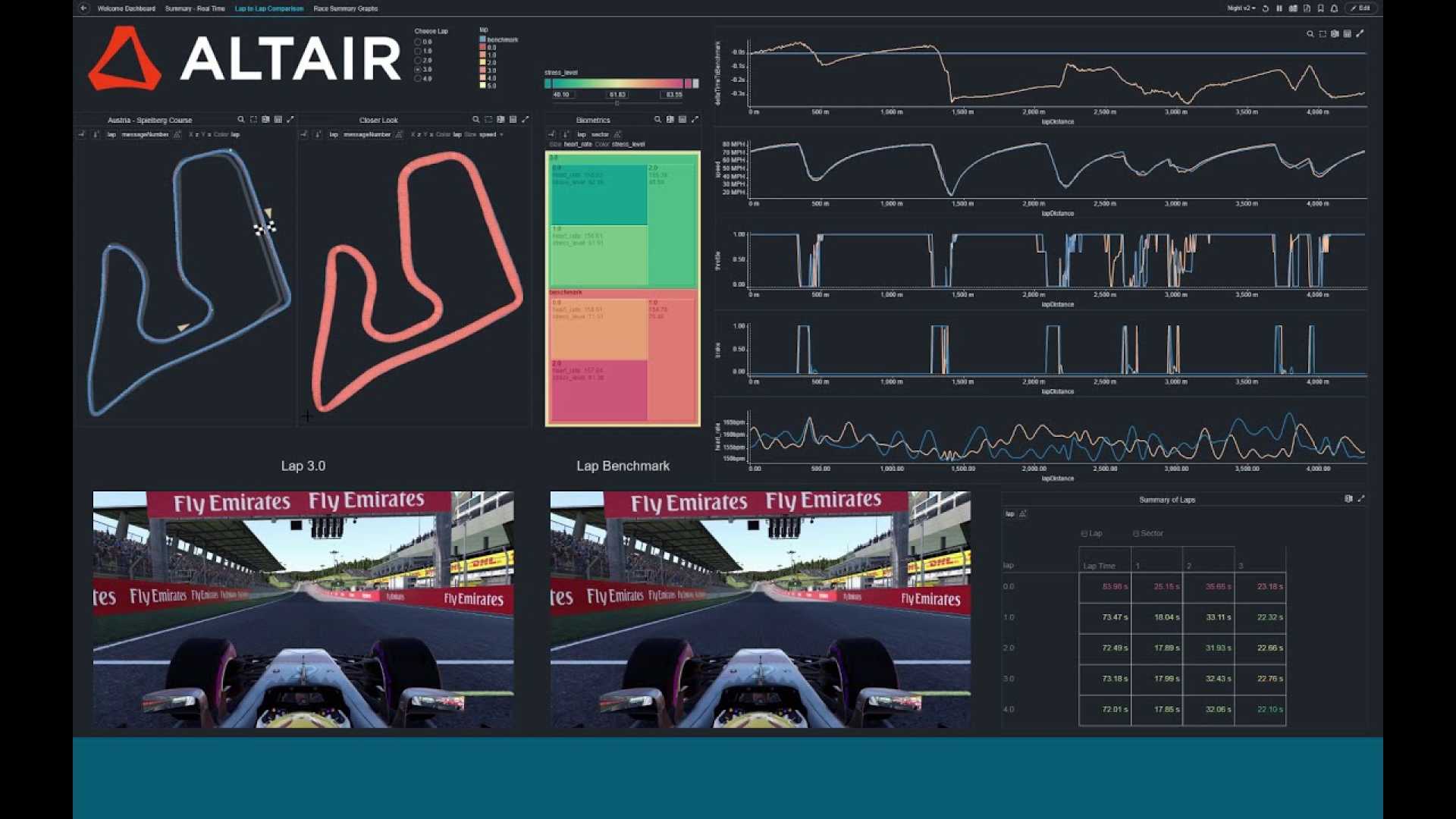Sports
The Role of Real-Time Data Streaming in Formula 1 Racing

Planning the order and logistics of the extensive Formula 1 calendar is not a straightforward job. From choosing new race locations to scheduling each round, the intricacies of a season require a lot of planning.
In the latest episode of F1 Explains, hosts Katie Osborne and Christian Hewgill quiz Louise Young, Formula 1 Director of Race Promotion, on exactly how her team organises the calendar.
What goes into negotiating a race contract? How does Louise work with promoters, the groups who operate each racetrack? And how are races ordered to ensure that freight can be moved in the most sustainable way?
Louise also reveals how each Grand Prix is a year in the making as she shines a light on how promoters are “the unsung heroes of our sport” that “bring everything to life” each season.
In the high-stakes arena of Formula 1 racing, the margin between victory and defeat is measured in milliseconds. The best F1 teams understand that the success of every race-day decision is predicated on the time it takes for data to journey from input to action. The critical enabler in this information transfer? Real-time data streaming.
From car design to engine performance to driver biometrics, data has long played a pivotal role across the sport. But the gear shift from batch processing to real-time streaming has proven to be a game-changer, launching the innovative capabilities of F1 into the stratosphere.
A race isn’t won with stops and starts. Yet with batch data streaming, that’s just how insights are gathered. Vast amounts of data collected during a race are stored for analysis to inform strategy at the next race or competition. This approach still works for less time-sensitive data that can be sent to engineering teams back at HQ. But the crucial information needed to make decisions while on the track? That won’t wait.
Real-time data streaming ensures the million or more data points collected every second in the car can be analyzed in a near-instant, fueling the kind of swift, smart decisions that lead to pole position. Acting as the central nervous system for streaming data is Apache Kafka, an open-source distributed event streaming platform used by both Mercedes and Red Bull to manage their real-time data processing and analytics pipelines.
Streaming data in real-time offers three key advantages for F1 teams: immediate insights, enhanced accuracy, and increased agility. When data is available almost instantaneously, teams are better positioned to react to changes on the track as they happen. At the same time, the continuous flow of data reduces the risk of errors that can sometimes occur with batch processing, ensuring decisions are made based on the most reliable information. Teams can then rapidly adapt their strategies accordingly, leaving other less well-informed teams in the dust.
One example is race strategies. Telemetry data from sensors grants visibility into vehicle performance, allowing engineers to make tweaks in order to achieve maximum speed and control. When it comes to tire pressure and temperature, for example, the tiniest of deviations from the ideal range can significantly affect the performance of the car. And if you’ve ever watched Netflix’s behind-the-scenes documentary Drive to Survive, you’ve likely seen the dramatic results of an ill-timed tire switch during a pit stop.
Driver biometrics are another fascinating illustration of the use of real-time data to boost race performance. Biometric gloves relay data about the drivers’ pulse rate and blood oxygen level to medical teams so that they’re already equipped with knowledge of a driver’s vital signs in the event of an accident.












